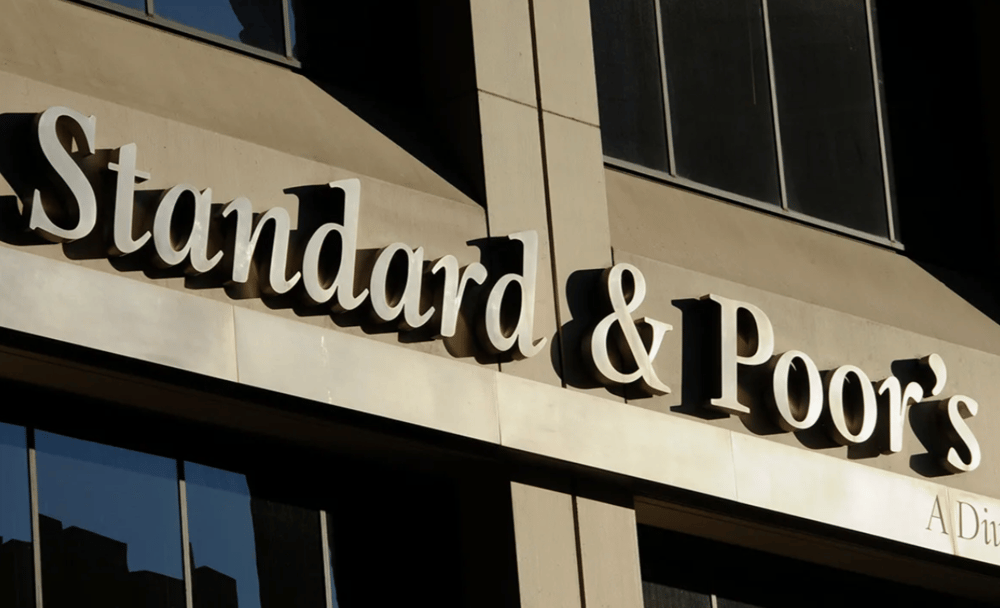On Friday, international credit rating agency S&P Global Ratings announced the upgrade of Italy's credit rating from "BBB" to "BBB+". This long-anticipated improvement is driven by positive economic changes, better external balances, and sound state finances. The decision is a vital development amid rising global uncertainties and economic turbulence.
Experts at the agency highlighted that Italy has not only stabilized its finances post-pandemic but also shows clear progress in managing its budget deficit. The strengthening of macroeconomic indicators, combined with the adjustment of budget objectives, allows Italy to firm up its position in the global capital market.
Economic Discipline as a Growth Foundation
A crucial step toward achieving a higher credit rating was the government’s commitment to limit the budget deficit, even though economic growth forecasts have been revised downward. This dip in projected growth is attributed to heightened volatility in financial markets due to U.S.-China trade tensions.
However, the U.S. administration's decision to impose a softer 10% tariff instead of stricter measures has added a degree of stability to the global trading system. This move has helped Italy mitigate potential negative impacts from external economic shocks, including the influence of tariffs on its export activities.
Italy's Progressive Measures Result from Reforms
1. Stabilizing Public Debt: The government implements a strategy for managing debt servicing expenses, reducing fiscal burdens.
2. Focus on Domestic Investments: Increased government spending on infrastructure projects stimulates domestic demand and economic activity.
3. Budgetary Discipline: The finance minister has affirmed steadfast adherence to the stated financial goals without increasing expenditure.
These measures have already shown a positive effect, confirmed by S&P. Italy sets an example for other Eurozone countries by demonstrating how fiscal stability can be ensured even in uncertain times.
Support from Europe and Moderate Risks
Additionally, the rise in public investments and fiscal stimuli in Germany positively influences the overall stability of the European market and creates a favorable environment for trade within the EU. This allows Italy to gain indirect benefits, improving its balance of payments.
Nevertheless, Italy continues to face risks. The slowdown of global economic growth and the forecasted reduction in consumer demand may put pressure on exports. However, the Italian government's adaptability to changing conditions allows markets to remain confident in the country's resilience.
Improvement Factors and Market Impact
- Italy Maintains Access to Capital Markets on Favorable Terms: The rating upgrade reduces borrowing costs, creating opportunities for debt refinancing.
- Growth of Long-Term Investor Confidence: S&P's action is seen as a signal of reduced credit risks for Italy.
- Positive Effect on Euro Bonds: Italian government bonds could see strengthening, supporting the overall EU securities market.
Analysts' Forecast
The upgrade of Italy's rating confirms the success of its economic policy. The international community will be watching the country’s future steps and their impact on Europe's economic stability. Experts agree that if Italy continues to focus on structural reforms and adheres to its budget goals, it will provide sustainable support for long-term economic growth.
The credit improvement and growing budget discipline may enhance the country's attractiveness as an investment target amid the slowdown of other key European economies.








Italy's upgrade is a hopeful sign that stability can emerge even in challenging times.
This upgrade reflects Italy's resilience and could inspire confidence in its economic recovery amidst global challenges!